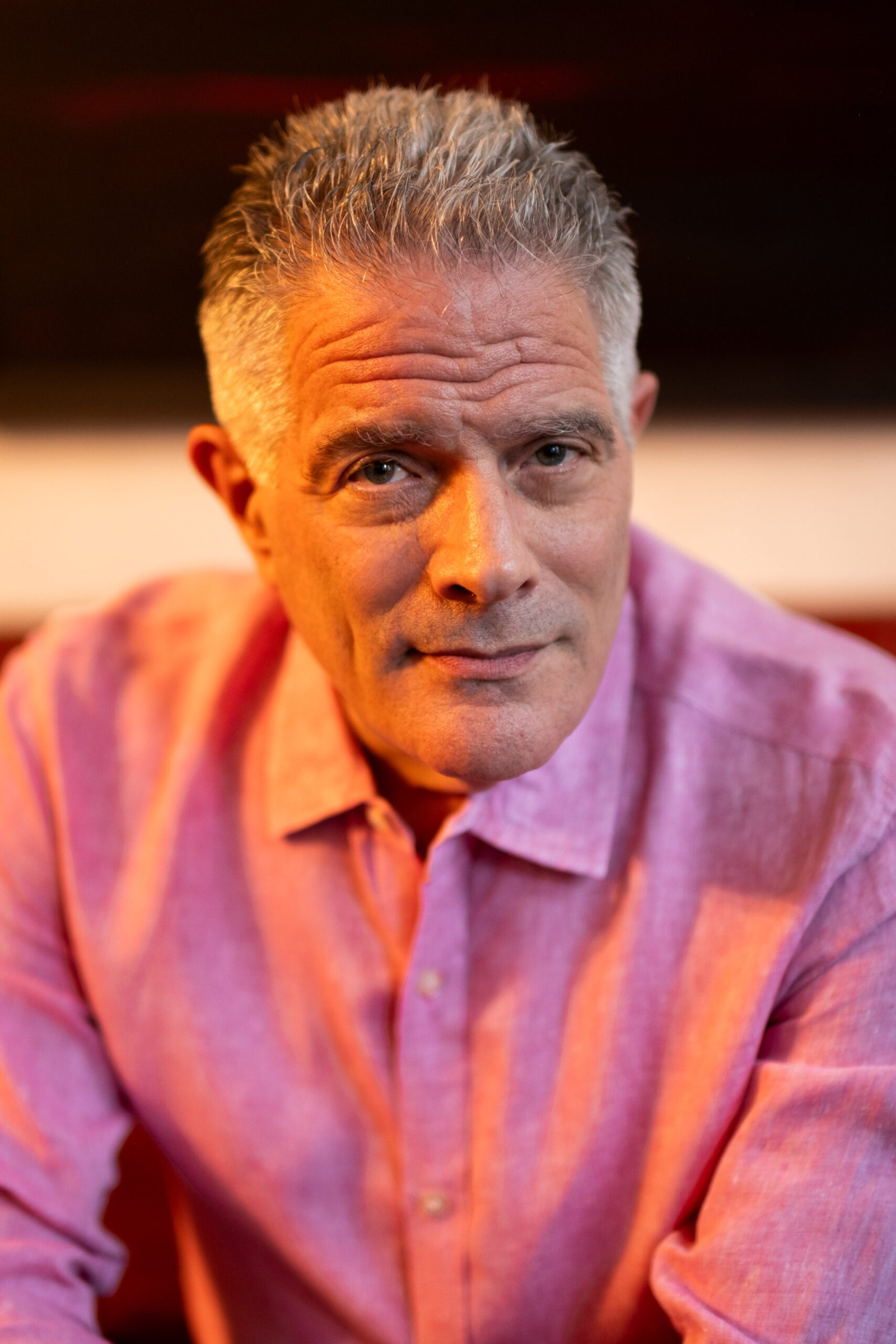Psychoanalytically, we mourn not just people or places—but the conditions that once made mutual recognition possible. The China I knew pulsed with possibility, curiosity, and warmth. People often ask me, “Do you miss it?” My answer: “I miss the China I knew.” It was a place of growth—personal, relational, and fueled by ambition.
I spent more than two decades in China—18 years living in Shanghai with JWT, and frequent travel back after 2016 while at Prophet. My 80-year-old local lane house neighbor once challenged me to learn calligraphy over tea. Junior staff looked at me with sparkling eyes, hopeful for their futures. Senior executives engaged in animated, high-stakes debate. And my best laugh line—“There’s nothing to fear in heaven or on earth more than a Jew who can negotiate in Chinese”—never failed to break tension.
If people decided you were “safe,” they opened their hearts and homes. That was true in Beijing, Shanghai, and third- and fourth-tier cities in between.
But between 2016 and 2019, things began to change. Subtly at first. Local talent had risen to the top—something overdue and welcome. But for foreign “experts” like me, the burden of proof grew heavier. Fluency and cultural familiarity were no longer enough. A mid-level exec once asked bluntly, as I stood behind a focus group mirror, “You’re just foreign management. What are you doing back behind the glass?”
Since the pandemic, that chill has deepened. The friends who remain—both local and expat—describe a country more suspicious of outsiders, with new barriers: tighter digital systems, ideological rigidity, limited access to global tools, and a nationalist framing of loyalty.
I don’t romanticize China. It has always been China, and always will be. But I do grieve something real: the openness that once defined its reform-era rise—the curiosity, the invitation, the mutual becoming. Chinese people still want to be known and recognized, but the walls have gone up. Black-and-white thinking, propelled by fear for the future, militates against genuine mutual exchange and growth.
I hope the pendulum swings back. But for now, I carry the memory of a place that, for a long time, felt like home.
What version of a place—or a time in your life—do you find yourself grieving, even as the world insists on moving forward?

